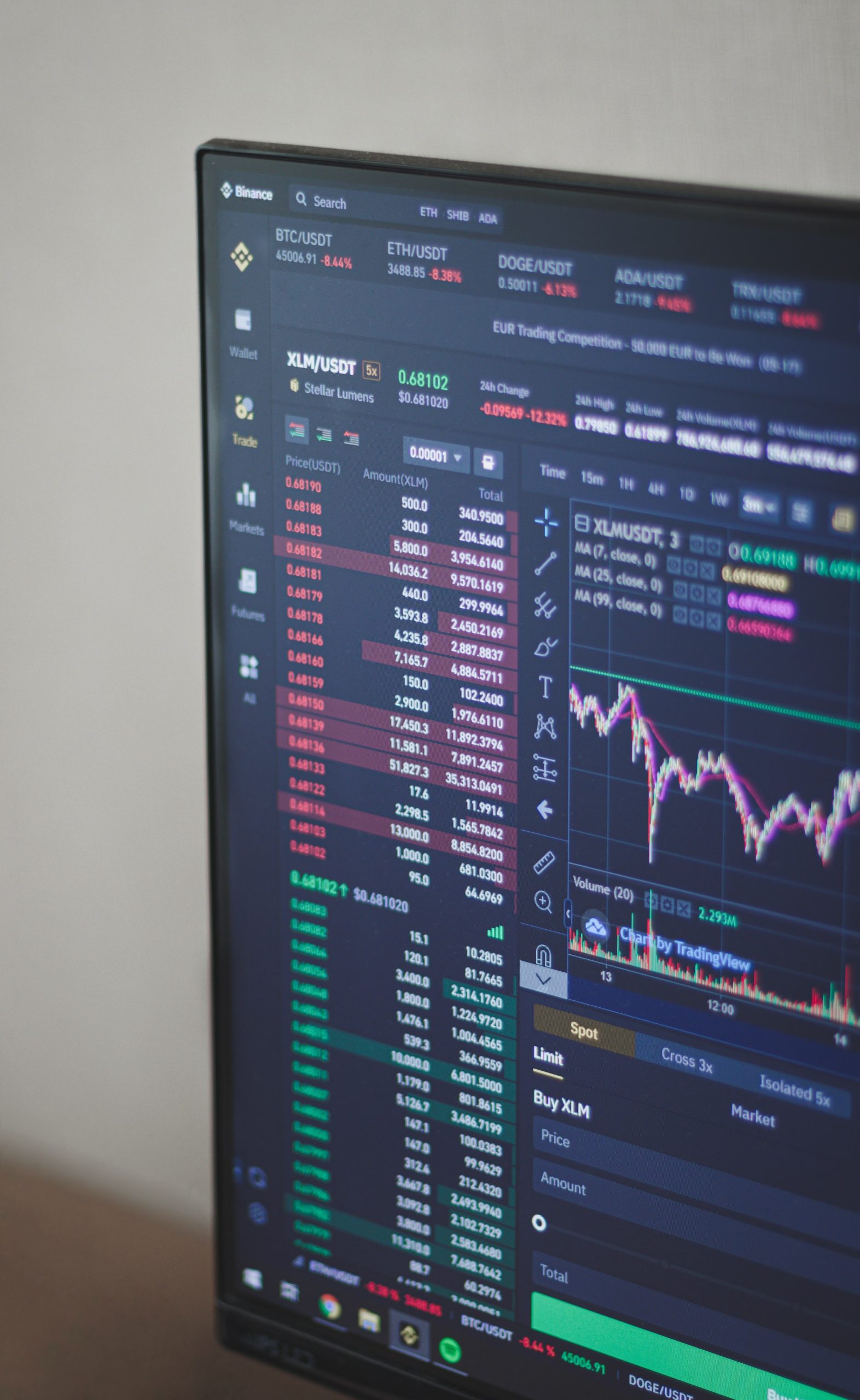Deutsche Bank has been making headlines lately, and not for all the right reasons. Rumors of instability have been circulating, causing concern among investors worldwide. However, Germany’s Finance Minister Olaf Scholz recently spoke out to dismiss these speculations and assure stakeholders that the bank is on solid ground. In this post, we’ll take a closer look at what Scholz had to say and how it may impact Deutsche Bank’s future. So grab a cup of coffee and let’s dive in!
Olaf Scholz dismisses speculation over Deutsche Bank’s stability
In an interview with Welt am Sonntag, the finance minister of Germany Olaf Scholz dismissed speculation over Deutsche Bank’s stability. The head of the German central bank, Jens Weidmann, has said that a Deutsche Bank failure could lead to a financial crisis in Germany. However, Scholz says that he does not believe this will happen.
Scholz emphasised that Deutsche Bank is one of Germany’s “very strong banks”. He added that the government is monitoring the bank closely and is prepared to act if necessary. Scholz also said that Deutsche Bank’s troubles are not a result of government policies or regulations.
German Finance Minister denies reports of Deutsche Bank bailout
German finance minister Olaf Scholz has dismissed reports of a Deutsche Bank bailout, insisting the bank is “stable and strong.”
According to media reports, the German government is considering a bailout for the bank in order to prevent it from collapsing. Scholz denied this on Sunday, insisting that there are no plans for a bailout at this stage.
Deutsche Bank has been hit hard by the global financial crisis, with its stock price falling by more than 60% since 2008. The bank has also been subject to investigations into its dealings with Russian officials.
However, Scholz insists that Deutsche Bank is stable and strong enough to weather these challenges. He says that the bank has made significant progress in recent years and that it is now “on track” to achieve its goals.
Deutsche Bank downgrades its outlook for the eurozone
Deutsche Bank has downgraded its outlook for the eurozone, citing heightened political and economic uncertainty as well as persistently high levels of debt across member states. The bank now expects the eurozone to experience “a protracted period of stagnation” in which weak growth is likely to persist.
The news comes as Deutsche Bank faces increasing scrutiny over its stability, with reports earlier this month that the German government is considering taking direct control of the lender should it become insolvent. Speaking at a press conference today, Bundesbank President Olaf Scholz dismissed speculation over Deutsche Bank’s stability, insisting that any concerns are “nothing new”.
Deutsche Bank’s updated forecasts underscore the serious challenges facing the eurozone economy. While there are some hopeful signs – such as rising employment and falling interest rates – overall growth is expected to be weaker than previously thought. In addition, high levels of debt have created imbalances across member states that could take years to resolve.
This deterioration in conditions raises serious questions about Deutsche Bank’s long-term viability in the eurozone. If the bank falls into government hands, it would be the latest example of how unstable our financial system has become – and it would be yet another blow to Europe’s fragile recovery
Deutsche Bank shares fall as uncertainty continues over future
On Tuesday, October 17th, Deutsche Bank shares fell as uncertainty continued over the future of the bank. The stock has been volatile in recent weeks as investors weigh the possibility of a collapse at Deutsche Bank against perceived gains in other banks.
In an interview with Reuters on Tuesday, Olaf Scholz, the new CEO of Deutsche Bank, dismissed speculation over Deutsche Bank’s stability. He stated that “the bank is well capitalized and can weather any storm.” However, he did not provide more detail on how Deutsche Bank plans to address its long-standing issues.
Deutsche Bank is currently facing fraud investigations in multiple countries and faces potential fines totaling tens of billions of dollars. In addition, the bank is struggling to roll out new digital products due to concerns about its cybersecurity. These factors have led to a decline in Deutsche Bank’s share price and are likely contributing to investor uncertainty.
Conclusion
In an interview with the Financial Times, Olaf Scholz, Chairman and CEO of Deutsche Bank, dismissed speculation over the stability of the bank and said that it is “business as usual”. This comes after reports that the lender has been struggling to raise capital in global markets. However, Scholz insists that Deutsche Bank will remain a “stable player” in the financial world.










